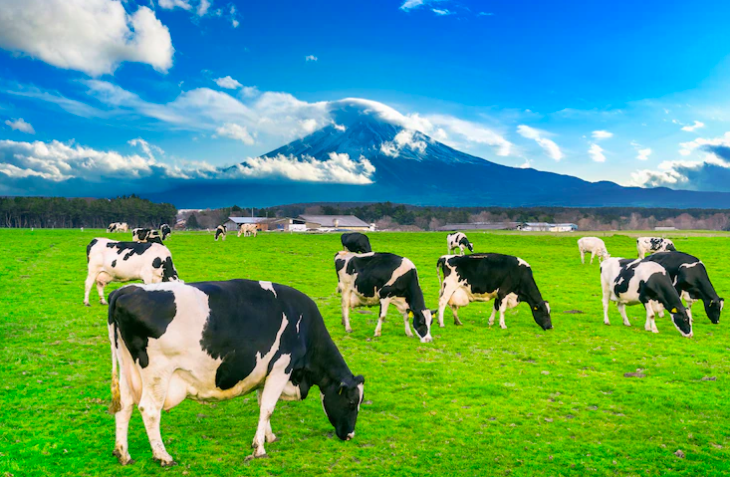Cattle farming can be a lucrative and fulfilling venture for individuals interested in livestock agriculture in South Africa. However, before diving into this industry, it’s crucial to acquire a comprehensive understanding of the key aspects involved in successful cattle farming. In this article, we will discuss ten essential things you should know before embarking on a cattle farming journey.
- Breeds and Purpose: There are numerous cattle breeds available, each with unique characteristics and purposes. Some breeds are known for meat production, while others excel in milk production or draught purposes. Research and choose a breed that suits your farming goals and aligns with the market demand in your area.
- Land and Infrastructure: Ensure you have adequate land and infrastructure to accommodate your cattle. This includes fenced pastures for grazing, secure enclosures or barns for shelter, and water sources for hydration. Consider factors such as terrain, soil quality, and availability of forage when selecting land for your farm.
- Herd Size and Management: Determine the appropriate size of your initial herd based on available resources and your management capabilities. Start with a manageable number of cattle and gradually expand as you gain experience. Effective herd management includes monitoring health, nutrition, breeding, and maintaining accurate records.
- Feeding and Nutrition: Cattle have specific dietary requirements to maintain their health and optimize production. Understand the nutritional needs of different cattle categories (e.g., calves, heifers, cows, bulls) and provide a balanced diet that includes forage, hay, and possibly supplementary feed. Consult with an animal nutritionist to develop an appropriate feeding plan.
- Health and Disease Management: Implement a comprehensive health management program to ensure the well-being of your cattle. This includes regular vaccinations, parasite control, and preventive measures against common diseases. Develop a working relationship with a local veterinarian who specializes in cattle health to seek guidance and conduct routine check-ups.
- Breeding and Reproduction: Understanding the reproductive cycle of cattle is crucial for successful breeding. Familiarize yourself with heat detection, artificial insemination (if applicable), and calving procedures. Consider factors such as genetic selection, breeding methods, and optimal breeding seasons for your chosen breed.
- Handling and Safety: Cattle handling requires proper facilities and equipment to ensure both animal and human safety. Invest in cattle-friendly handling facilities, such as cattle crushes or chutes, to minimize stress and improve efficiency during procedures like vaccinations, hoof trimming, and pregnancy checks. Prioritize safety protocols for yourself and farm workers when handling cattle.
- Marketing and Sales: Before starting cattle farming, assess the market demand for cattle and cattle products in your area. Research potential buyers, such as local markets, butchers, and direct consumers. Consider factors like selling live animals, beef, dairy products, or breeding stock to maximize profitability. Networking with other farmers and industry professionals can also help establish valuable connections.
- Financial Planning: Develop a realistic financial plan that includes initial investment costs, ongoing expenses (feed, healthcare, infrastructure maintenance), and projected income. Consider factors such as herd size, market prices, and potential risks (e.g., disease outbreaks, fluctuating feed prices) to ensure the economic sustainability of your cattle farming operation.
- Continuous Learning and Adaptation: Cattle farming is a dynamic industry with ever-evolving practices and technologies. Stay updated on industry trends, attend workshops or seminars, and join local farming associations to expand your knowledge and network. Continuously seek opportunities to learn from experienced cattle farmers and be open to adopting new techniques and technologies that can enhance your farming practices.
Starting a cattle farming venture requires thorough planning, dedication, and a solid understanding of the key aspects involved. By familiarizing yourself with cattle breeds, land requirements, feeding and nutrition, health management, breeding techniques, marketing strategies, and financial planning, you can set a strong foundation for a successful cattle farming business. Remember to prioritize the well-being of your cattle, stay adaptable to industry changes, and seek continuous learning opportunities to thrive in the cattle farming industry.







